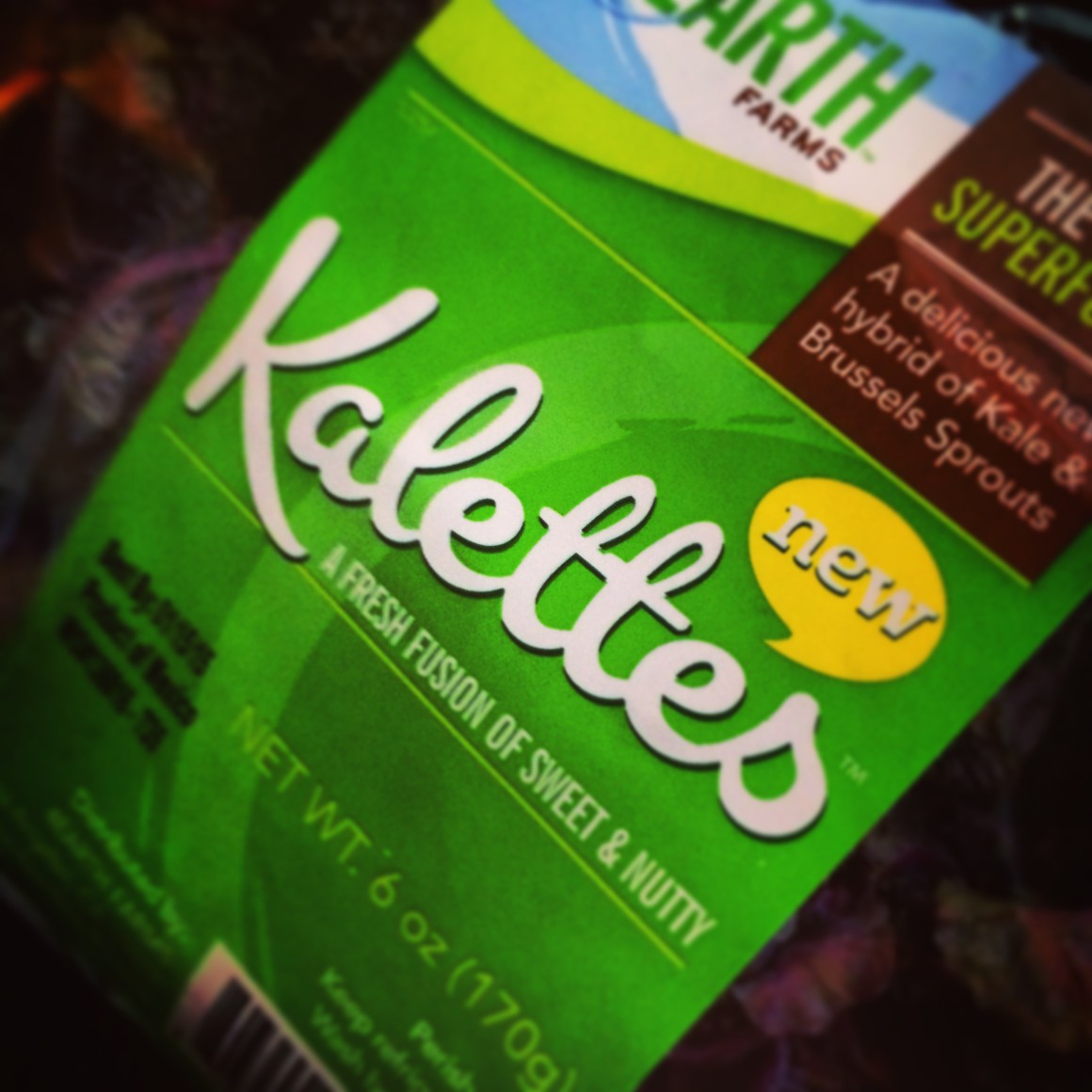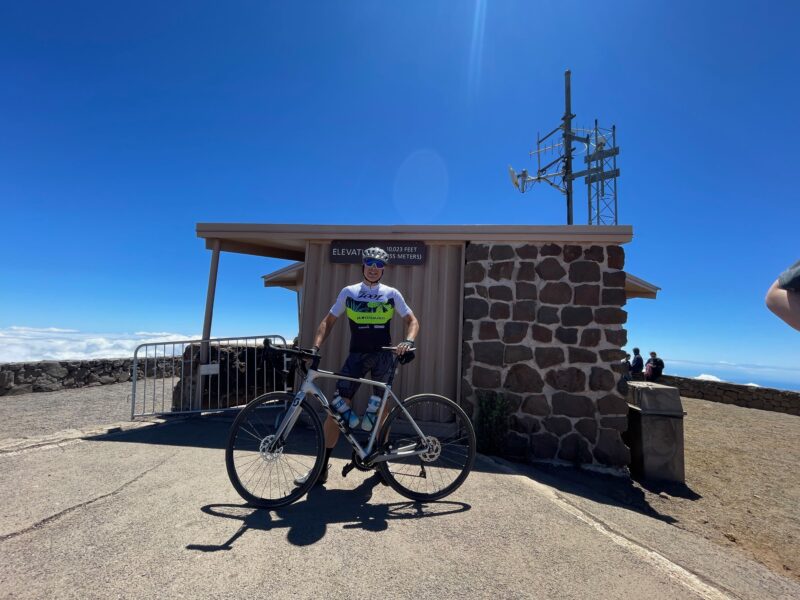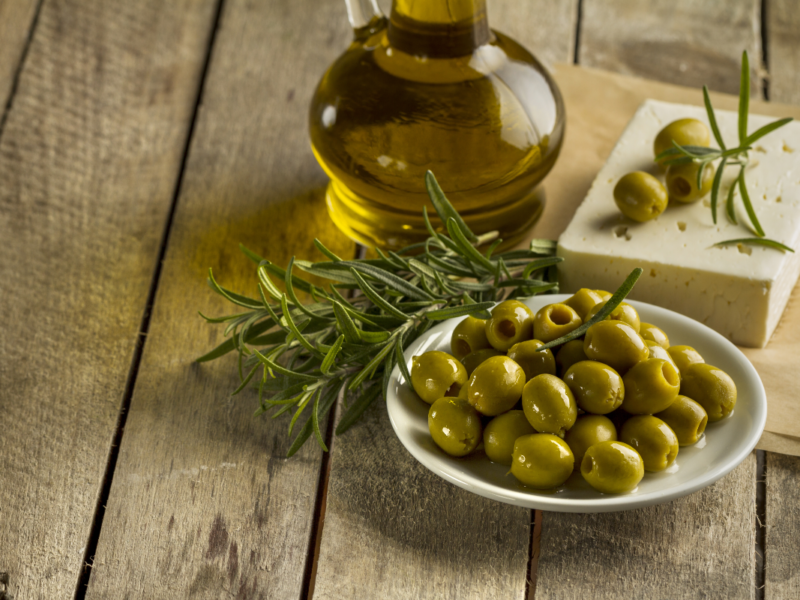Triathlon training nutrition is a complex and imperative part of preparing for the big race. Race day nutrition is one thing, but it’s what you put into your body before the race that is going to be the most important aspect. You need to keep your body fueled and happy while constantly beating it up training for the race.
I don’t believe there is a cookie cutter solution that works for everyone. We are all unique and the way we tolerate foods is different for each of us. The one common denominator is we all need food to nourish us and rebuild from all the training we are doing.
Nutrition is a beast and can be one of the hardest mental challenges that you can face. We all get hungry and that hunger can make good food decisions difficult. We also receive pleasure from food, which can make it hard to resist. The key is to eat foot that tastes good when you’re hungry that nourishes the body.
The Ultimate Goal
One of the most important things to understand about exercise and nutrition is that they are mutually exclusive. Exercise is a horrible way to loose weight, as it’s all about nutrition. Strength training will firm and tone the body, while eating right will help you shred those extra pounds. Many people choose to participate in a triathlon to loose weight, but you are better off just dieting if that is your only goal. Triathlons are hard work, and the training is to prepare your body for the race, not a way to loose weight. So with that in mind, the proper nutrition is meant to get you at race weight while ensuring you have the proper fuel to get you through the training.
While you should monitor your weight, don’t worry about loosing or gaining because that’s not what’s important. I like to look at my weight to see trends, but I also like to look at my body fat percentage, to truly gauge what is going on with my body. It’s normal to fluctuate daily so you have to average out the measurements and see the trends to gage your overall progress.
During the training phase we are going to loose body fat, but we will also add muscle. This could equate to a net zero change in body weight. It could also mean that you put on weight, or loose it. So remember the ultimate goal is to be fit and to fuel the body, this is not a diet. Your body will naturally take the shape it should be by eating right and training. It’s science so be realistic with your expectations.
Nutrition Rules
If it’s processed don’t eat it. While there are some exceptions to this rule, it’s an easy one. What is a processed food? Well pretty much anything that’s been modify from it’s natural form, with the major exception being cooking.
Be aware of the calorie content of what you eat. Counting calories can dive you nuts, but it’s a good measure of how dense the food is. If you are going to consume calories it’s a good idea to make sure they are dense in nutrients other than wasted.
Don’t be scared of fat. Fat doesn’t make you fat, sugar does. Have you ever heard of an essential carbohydrate? Nope! How about essential fatty acids? Yup! That’s because you need fat to live, not carbs. You’re body will store unlimited fat to be used for energy, but it’s carbohydrate stores are limited.
Sugar is evil. Don’t eat sugar, period. Sure fruits and vegetables have it, but in small natural amounts. Never add sugar and if you really need a sweet, there are alternatives to consider and some relatively early sweeteners that can be used as alternatives. Somehting like stevia is a good option. When you are pushing yourself it’s possible you’ll use up your glycogen stores. It does not take much to replaces these.
Make vegetables the main portion of your meal. When training we need extra protein, but we really don’t need that much. You’re body can only process about 0.7 – 0.8 grams of protein per pound of body weight. Anything extra is likely to turn to glucose through gluconeogenesis. It’s surpassing how little protein that actually is. Fill yourself with health vegetables which taste great and a nutrient dense.
Use the right amount of carbs for fuel. There is a perception that carbs are the preferred fuel for endurance athletes. But that’s not the case. You have limited stores of carbs and virtually endless stores of fats. Training your body to burn fat more efficiently is healthier and will allow you to last longer in races. Trickle small amounts of carbs along with fats during exercise to keep your body healthy. I like to use UCAN Superstarch, it’s a modified non-GMO corn starch that acts much more like a fat in your body. This is like rocket fuel.
Plan ahead. If you plan and prep your meals ahead of time, it’s a lot easier to stay on course.
How to look at Calories
We’ve all heard that our weight is a result of the equation calories in versus calories out. Unfortunately this is a over simplification. Wile this equation is accurate we have to realize that not all calories are created equal. And the human body’s weight is more of a result of hormones than it is based on calories. A calorie is a measurement of energy to increase water by a degree. Therefore, it’s not exactly accurate when it comes to weight loss.
Insulin is the bodies energy storage hormone. The more insulin is increased, the more the body stores energy. The body stores energy as fat, however this is not from dietary fat, it’s from carbs which cause your body to secrete insulin. The more carbs you eat, the more insulin you produce, the more those carbs are stored as body fat. This doesn’t mean you don’t need carbs, but eat them to replenish after a workout when your not insulin sensitive.
Supplements
Not everyone believes in supplements, but I sure do. Michael Pollan said something along the lines of, be the type of person who’d buy supplements, but save you’re money and don’t. It’s great advice actually, why spend money supplementing what doesn’t need to be supplemented. But if it was possible to get all the nutrients our bodies need though diet alone, we’d not have all of the diet related health issue that we do. On top of that athletes need to make sure they are getting adequate amounts to support their training without the burden of excess calories.
The following are some of the supplements I recommend for training and why.
Good quality multi-vitamin. This is a good way to ensure that you are getting all the basic nutrients you need. While you should eat a diet that would cover these, its hard to know the actual nutrient content of food. The multi covers your bases, ensuring you get the essentials.
Creatine. This is is probably one the most studied supplements out there. It will help you add strength and get the most out of your training sessions.
Electrolytes. Stay hydrated and reduce cramping. I use Nuun, they are simple tabs that taste great and don’t add calories or sugar.
Magnesium. Most of us are deficient in magnesium, so this is a great mineral to supplement with. I use two forms, I like ZMK and Naturally Calm. The ZMK are capsules you take before bed and the Naturally Calm is a magnesium tea that you drink before bed. A side benefit from magnesium is that it will loosen you up so you have a great movement in the morning, if you catch my drift.
Glutamine. The ultimate recovery supplement. You can find it in powders or capsules, this is a great supplement to take post workout to get recovery kickstarted.
Amino Acids. These can be complex, but basically protein is broken down into amino acids. When yo take these your body doesn’t have to do any of the work, so the get taken up strait away. I like to use these on fasted workouts, your body still thinks it has calories coming in, but there are actually no calories present in amino acids.
Fish Oil. This is a great supplement that everyone should be taking. Get a high quality source and expect to spend a little to get something worthy.
Summary
At the end of the day, you are what you eat. It’s all about putting quality foods into your body. Look for non-processed foods with a high nutrient density. Use supplementation to fill in the wholes and make sure you’re eating enough to fuel your body, but not to much that you start accumulating fat.





'Triathlon Training Nutrition' has no comments
Be the first to comment this post!